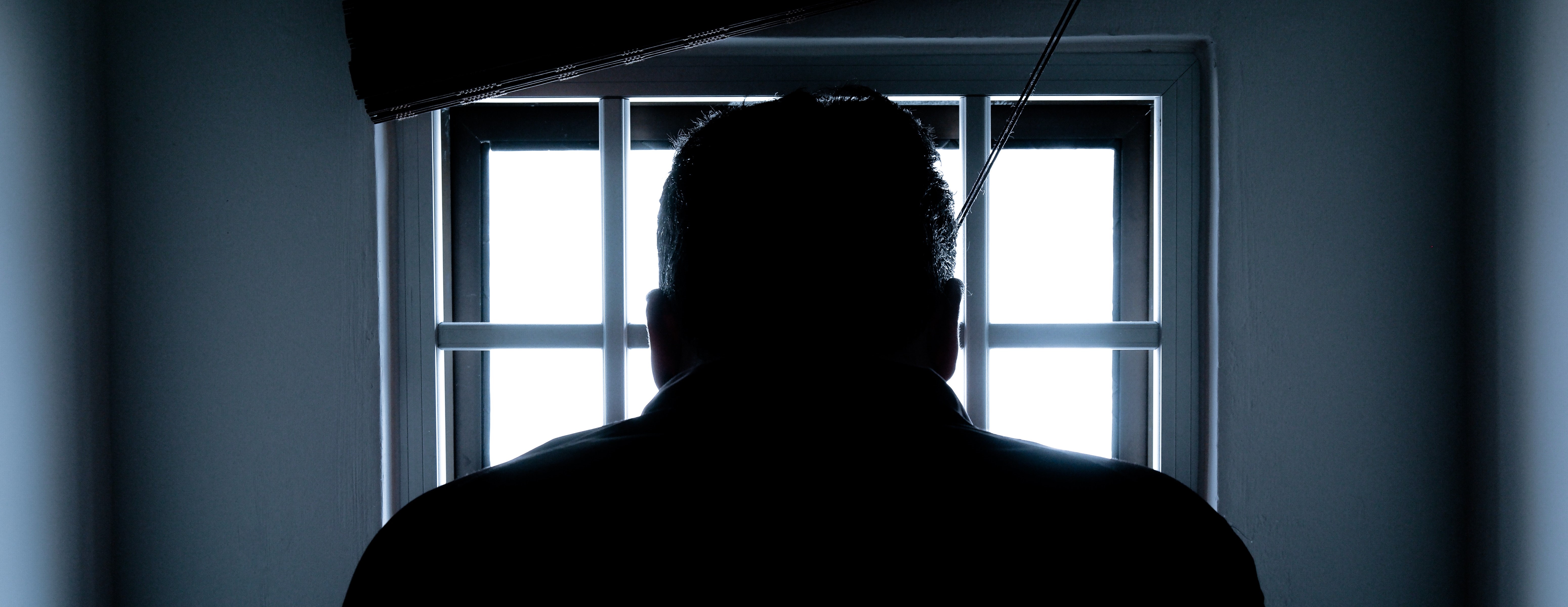What it’s like to be incarcerated in the midst of a public health crisis
March 25, 2020 - Liz Schondelmayer
Americans everywhere are feeling the effects of the COVID-19 pandemic. But while many are staying home to self-quarantine, for the 2.3 million Americans currently incarcerated, that isn’t an option.
 Dr. Jennifer Cobbina (pictured left), an associate professor in the MSU School of Criminal Justice, shares that people living in American’s prisons are especially at risk for a COVID-19 outbreak. Due to close, often overcrowded quarters, conditions in jail and prison make it difficult, if not impossible, to practice social distancing. Consequently, infections such as the novel coronavirus strain can spread extremely quickly.
Dr. Jennifer Cobbina (pictured left), an associate professor in the MSU School of Criminal Justice, shares that people living in American’s prisons are especially at risk for a COVID-19 outbreak. Due to close, often overcrowded quarters, conditions in jail and prison make it difficult, if not impossible, to practice social distancing. Consequently, infections such as the novel coronavirus strain can spread extremely quickly.
According to the Federal Bureau of Prisons, almost 20% of incarcerated people are over 50 years old. Furthermore, according to Dr. Cobbina, people living in prisons tend to have proportions of health problems, such as immunodeficiency disorders, diabetes and hepatitis C. With many incarcerated people aging and suffering from poor health, a case of COVID-19 could be especially dangerous.
“While medical care in prisons is available,” Dr. Cobbina, “it isn’t known as being the most exceptional. It isn’t free, either - usually, there is a co-pay involved, which could pose a challenge for those with limited financial means.”
To lower the chances of a COVID-19 outbreak, many prisons are limiting incarcerated people’s outside contact and visits from loved ones. However, Dr. Cobbina notes that 66% of women and 33% of men in prison suffer from a mental illness - meaning a complete lack of contact with friends and family could be devastating.
However, many groups are fighting for better conditions for incarcerated people during this difficult time. Dr. Cobbina points to Families Against Mandatory Minimums (FAMM), which is currently advocating for free communication back and forth between those incarcerated and their loved ones.
“When someone who is incarcerated makes a phone call or sends an email, those things aren’t free,” explains Dr. Cobbina. “The incarcerated individual or their is expected to foot the bill, and seeing that most incarcerated people come from lower socioeconomic backgrounds, this can make back-and-forth communication a substantial financial burden.”
Among free communication, FAMM is also calling for more thorough screening of volunteers and prison staff, as well as increased transparency surrounding preventative measures and outbreaks. “When someone you love is incarcerated, it’s important that you know they’re being treated with dignity and compassion, and above all, kept safe.”
Dr. Cobbina urges those concerned about incarcerated loved ones to call their senators and state representatives. “It’s common for people living in prisons to be left out of these important conversations. Remind legislators about this community and hold them accountable to prioritizing their proper care and safety.”
Keep up with the latest COVID-19 updates and find MSU community resources here.


